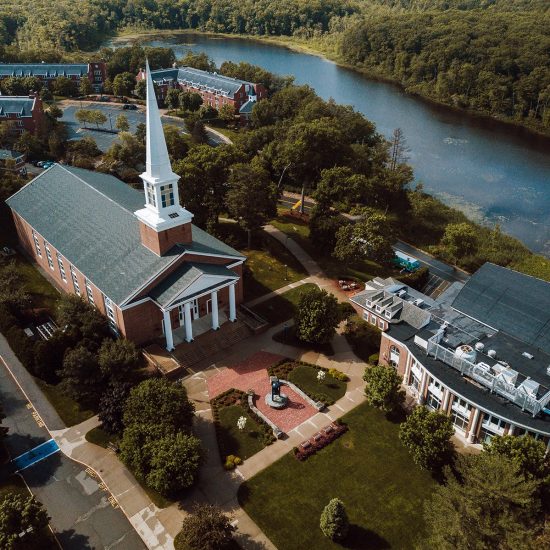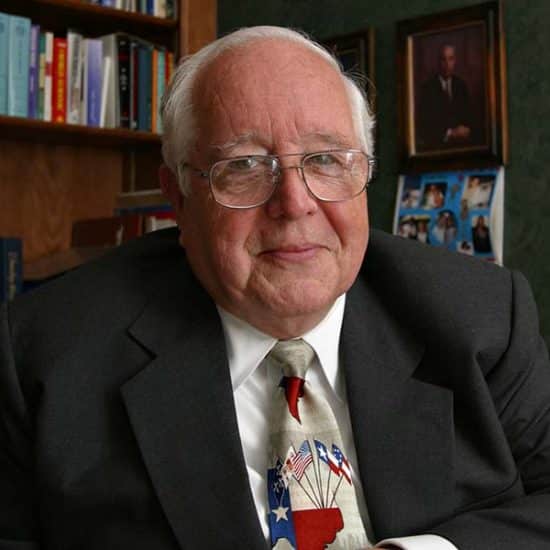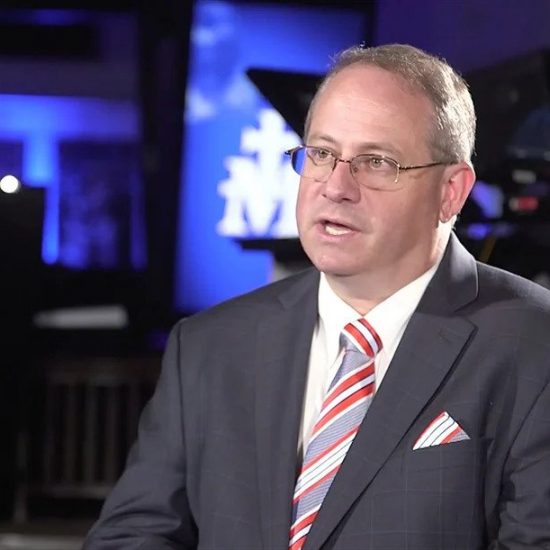By Vicki Brown, Word&Way News Writer
Calling an appellate ruling "a dangerous and confusing precedent," five Missouri Baptist entities are seeking a Missouri Supreme Court review. In an order issued on Aug. 2, the Missouri Court of Appeals for the Western District turned down a motion for a rehearing in the continuing legal battle between the Missouri Baptist Convention and the institutions. In addition, the appellate court denied the institutions' motion for the case to be transferred to the higher court.
On Aug. 16, entity lawyers directly petitioned the Supreme Court to consider the case.
The Baptist Home, Windermere Baptist Conference Center, Missouri Baptist University, Word&Way and the Missouri Baptist Foundation contend that the three-judge Appeals Court panel erred when it reversed Cole County Circuit Court Judge Thomas Brown's March 24, 2004, decision to dismiss legal action against the institutions.
In 2000 and 2001, the five entities changed their charters to allow each entity to elect its own trustees. In the past, the convention had elected board members, usually from a slate offered by each institution.
The MBC Executive Board and six affiliated churches filed legal action against the five agencies on the convention's behalf in August 2002.
The six churches include Spring-hill Baptist Church, Springfield; Oakwood Baptist Church, Kansas City; Concord Baptist Church, Jefferson City; and First Baptist churches of Arnold, Bethany and Branson.
In the petition, the entities give the high court several reasons to consider reviewing the appellate decision.
The Appeals Court's decision granted a nonprofit corporation that is not a member of an unincorporated association the legal right to represent the unincorporated entity. The appellate judges agreed that the Executive Board as a corporation and the six churches did not have standing.
And both Judge Brown and the three-judge appellate court recognized messengers as members of the convention.
However, the Appeals Court held that the Executive Board has the legal right to sue as the MBC's representative because the board is composed of members, and members elect its officers.
The entities contend that decision is "directly contrary to and inconsistent with" Missouri law. They argue that current state law does not grant non-members of an unincorporated association, such as the MBC, the right to sue on behalf of the association's members.
The institutions noted that the appellate decision also is contrary to current state law because individual board members were not named as plaintiffs. The law requires that legal action must name members as representative parties.
The petition also asserts that the appellate decision "is directly contrary to and inconsistent with" a Supreme Court opinion in a 1935 case which involved the then-Missouri Baptist General Association. In the earlier opinion, the high court found that the association could only act during its two- to three-day annual meeting.
In a footnote to its opinion, the appellate judges contend that the MBC's present constitution makes the convention a "perpetual organization."
The entities, however, argue that association's name change did not change the constitution's "pertinent parts" and called the appellate finding "an improper contradiction of" the Supreme Court's earlier opinion.
If the Supreme Court turns down the entities' petition, the lawsuit would return to Judge Brown's court.
MBC attorneys have indicated that if the case is returned to Cole County, they would seek to combine it with a second lawsuit the convention and five individuals filed on Oct. 25, 2004.
That case is pending before Cole County Circuit Court Judge Richard Callahan until the appeals process in the first lawsuit is completed. (08-25-05)






